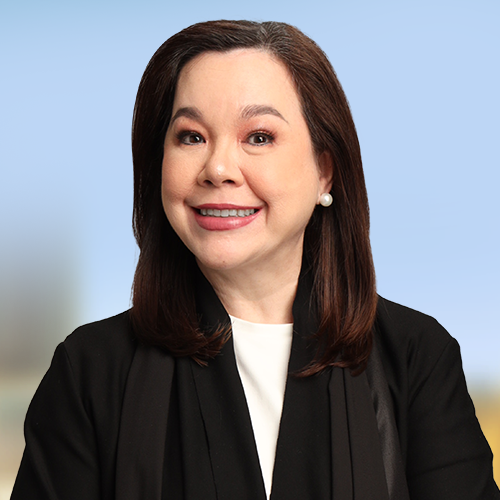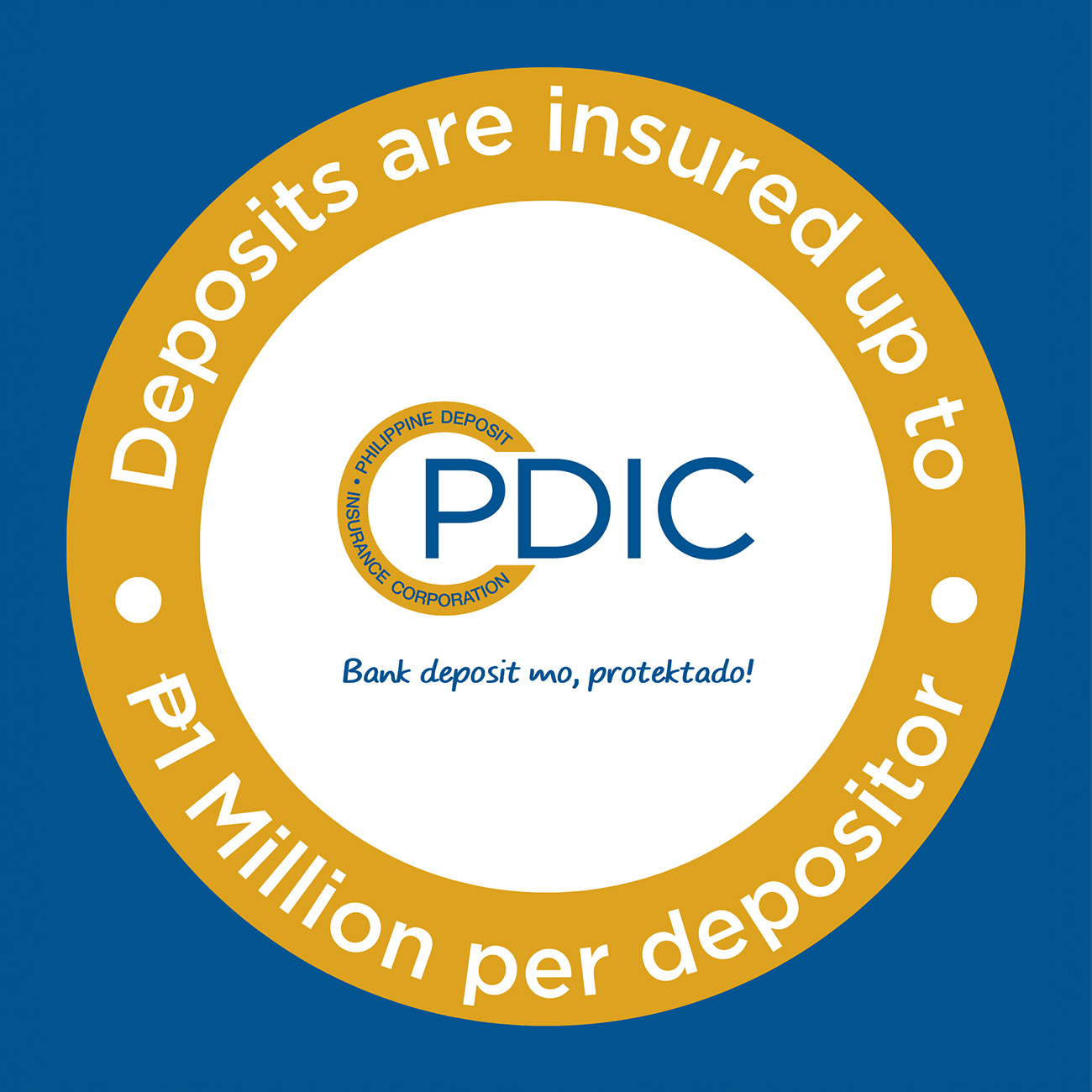Our lives are often marked by unexpected twists and turns Financial challenges can arise at any moment. To navigate these uncertainties, financial wellness becomes an indispensable tool. It encompasses a range of financial practices, including budgeting, saving, investing, and debt management. How do we achieve financial wellness? The answer is to promote financial literacy.
The state of financial literacy in the Philippines
Let us first understand the state of financial literacy in the Philippines. A 2023 study by the Organization for Economic Cooperation and Development (OECD) showed that the Philippines scored 58 out of 100 in overall financial literacy—a score computed based on financial awareness, skills, attitudes, and behaviors.
This score falls significantly short of the OECD’s minimum target of 70, revealing a gap in financial literacy. Further underscoring this issue, the Bangko Sentral ng Pilipinas (BSP) cited a global study by S&P that places the Philippines at he bottom 30 of 100 countries in terms of financial literacy. These studies exhibit a challenge in developing skills in areas critical to achieving financial wellness.
A tailored approach to financial wellness
To address this financial literacy gap, a tailored approach that recognizes the unique needs of specific groups is necessary. One such group that stands to benefit significantly from financial wellness programs is government employees. As the backbone of various sectors, including education, healthcare, and public administration, they play a pivotal role in society. By empowering individuals with financial knowledge and tools, we can positively impact their personal lives and, in turn, the communities they serve. Moreover, government agencies work directly with local entities to provide the necessary programs for their development. These may include small business owners, students, and community groups.
In recognition of this, Bank of the Philippine Islands (BPI) has actively partnered with government agencies to conduct financial wellness sessions across the country. For instance, BPI Foundation, the Bank’s social development arm, collaborated with the Department of Social Welfare and Development (DSWD) to pilot a Digital Financial Literacy program for the Pantawid Pamilyang Pilipino Program (4Ps) beneficiaries in February 2024. The pilot run of the Digital Financial Literacy program was conducted in Quezon City, Cagayan De Oro City, Samar, Sorsogon, Iloilo City, and Agusan del Sur. This collaboration by the DSWD and BPI Foundation aims to support 4Ps beneficiaries and their families towards attaining financial stability.
As a parallel effort to BPI Foundation’s work with DSWD, BPI partnered with local government units (LGUs) in Davao City, Quezon City, Mandaue City, and General Santos City to conduct financial wellness seminars for cooperatives, micro-, small-, and medium-sized enterprises and local government employees. These sessions were attended by more than 400 participants and have covered a range of topics, including strategies on saving, budgeting, investments, and even cybersecurity in the face of scams.
The goal of these learning sessions is to enhance the capacity of our fellow Filipinos so that they can make informed financial decisions to be financially well. Moreover, these initiatives demonstrate BPI’s commitment, not just in providing the best financial products and services, but also in promoting financial well-being for holistic development.
These initiatives demonstrate BPI’s commitment, not just in providing the best financial products and services, but also in promoting financial well-being for holistic development.
Empowering frontliners for nation-building
The attendees of these financial wellness seminars were primarily frontliners in their respective communities. Thus, it is important that we empower them so that they can take better care of their finances and influence the community. By empowering frontliners with financial knowledge, we not only enhance their personal well-being but also contribute to the overall development of the nation. Financially literate individuals are more likely to be financially prepared for emergencies, be able to invest in their children's education, and plan for a more financially-well retirement. They will also be less prone to financial stress and anxiety, leading to improved mental health and overall quality of life.
In addition, financial wellness goes beyond personal development, it is also a building block for nation-building. If we help with the country’s socio-economic development, a financially literate population can drive economic growth and development, encouraging savings and investments, stimulating economic activity, and fostering a culture of financial responsibility.
Ultimately, financial wellness is a cornerstone of individual and national prosperity. By prioritizing financial education and empowering public servants with the tools they need to succeed, we can build a brighter future for present and future generations.
Continuing the advocacy
BPI’s work on financial wellness with key government sectors is just beginning. Later this year, we will work again with the Quezon City LGU to provide financial literacy sessions with their community savings group. Furthermore, we will continue to collaborate with other government agencies who are interested in financial literacy sessions for their constituents. Our goal is to continue these partnerships with more government partners across the Philippines. Through these financial wellness sessions, we create meaningful partnerships that is true to our vision of building a better Philippines, one family, one community at a time.








